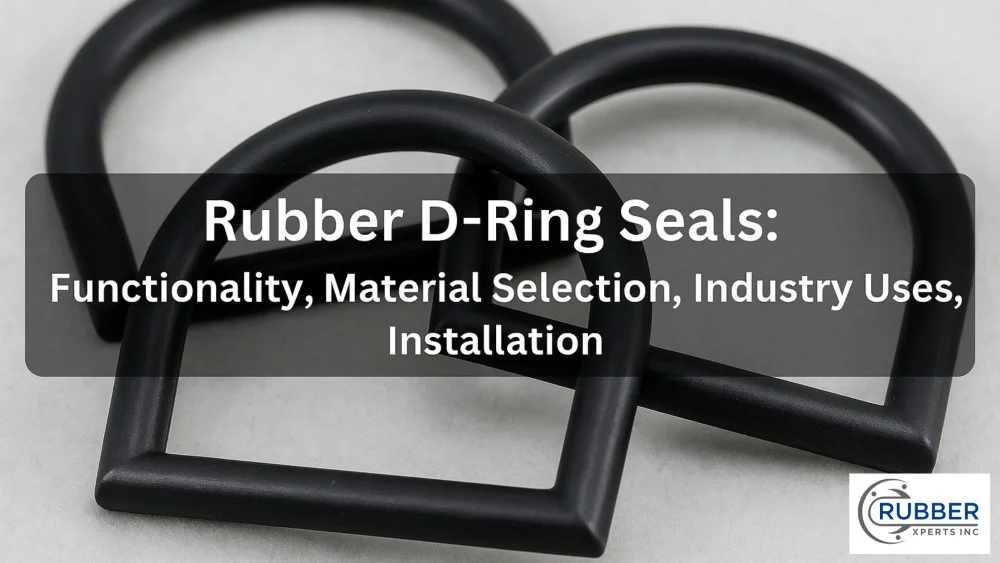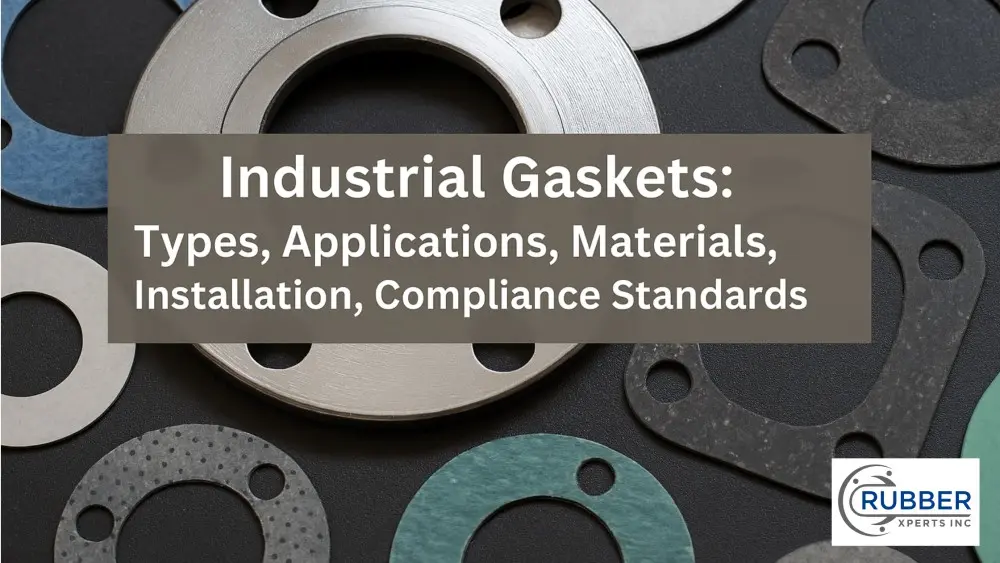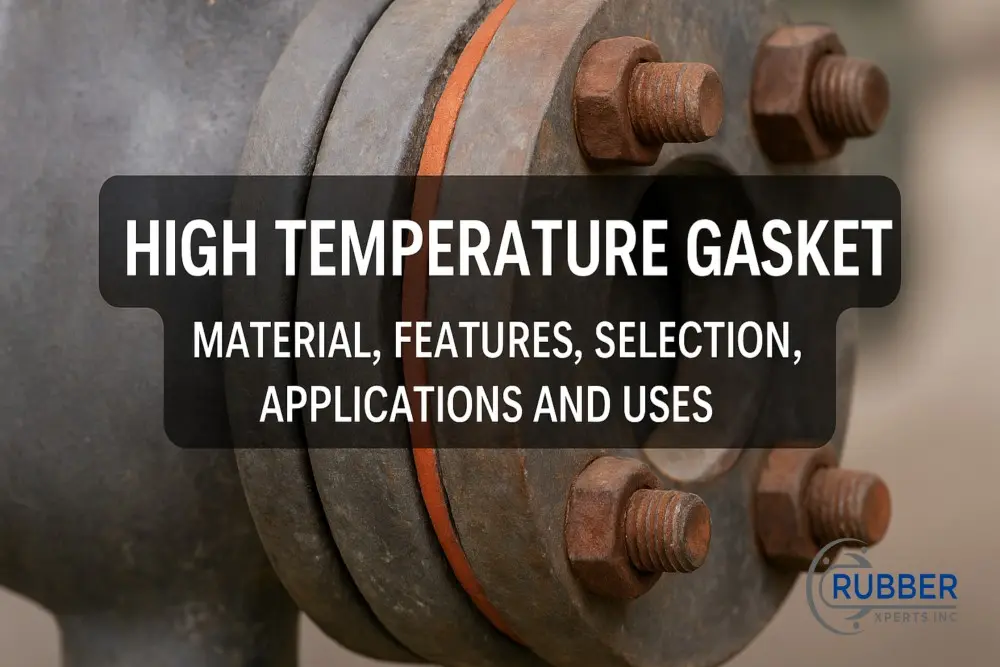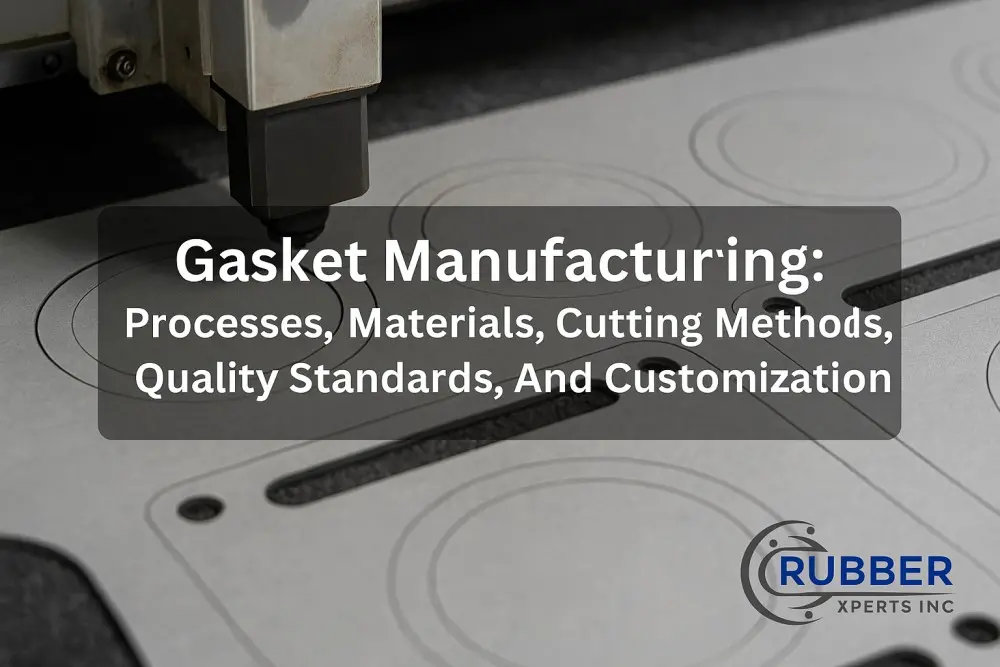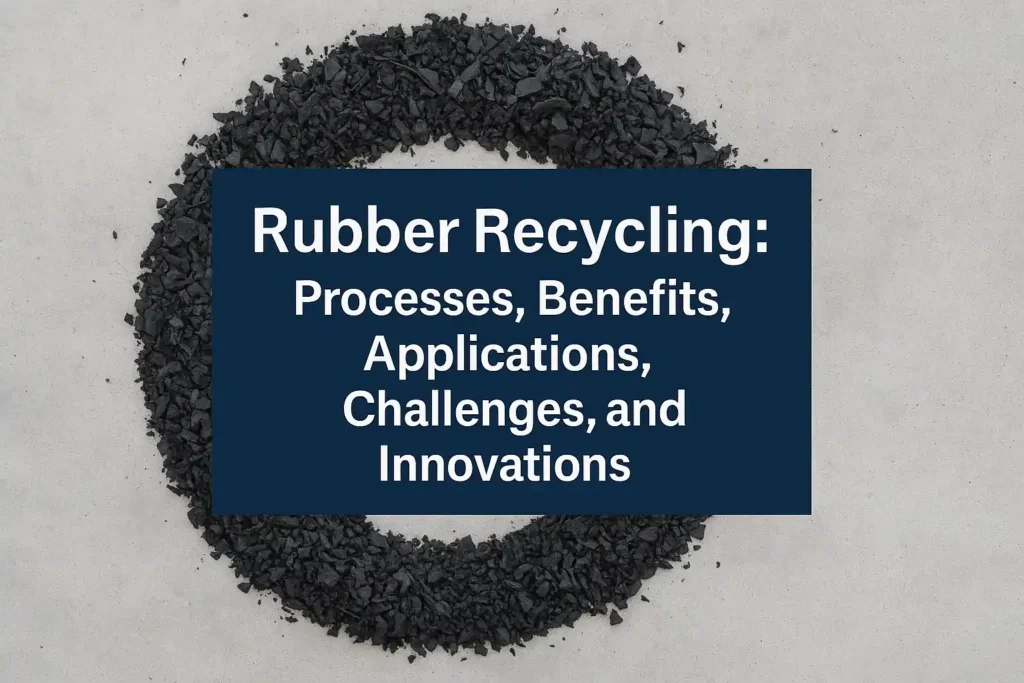When taking care of machines, choosing the right materials is very important.
Many people think EPDM rubber is a good choice, but it often isn’t.
Using EPDM in the wrong conditions can cause leaks, breakdowns, and more frequent repairs.
Before you decide to use EPDM, you should know the disadvantages of EPDM rubber.
In this article, we’ll help you avoid unnecessary mistakes and keep your machines working well by knowing which types of rubber you can avoid using.
Disadvantages of EPDM Rubber in Various Conditions
In order to understand the EPDM disadvantages fairly, you need to know in which situations they’re deemed not useful.
In that case, there are six conditions that EPDM rubbers don’t bring benefits when they’re used in particular machines.
1. Poor Compatibility with Petroleum Products
One of the main disadvantages of EPDM rubber is its poor compatibility with petroleum-based products. This means that EPDM rubber does not perform well when it comes into contact with oils, gasoline, kerosene, or other petroleum derivatives.
These substances can cause the rubber to swell, degrade, and lose its mechanical properties. For instance, if you use EPDM seals or gaskets in machines that work with oil or fuel, they can wear out quickly, leading to leaks and mechanical failures.
This is a big problem because it can cause your machines to break down more often, requiring frequent repairs. To avoid these issues, it is better to use a different type of rubber that is resistant to petroleum products, such as nitrile rubber.
2. Inadequate Performance at High Temperatures
Another significant disadvantage of EPDM rubber is its performance at high temperatures. While EPDM rubber can withstand temperatures up to 150°C (302°F), it starts to degrade beyond this point.
In high-temperature environments, the rubber can become brittle, lose its elasticity, and crack. For example, in machines that generate a lot of heat, like engines or industrial ovens, using EPDM rubber can lead to frequent replacements and maintenance issues.
If you use EPDM in these conditions, the rubber parts need to be replaced often, which can be costly and time-consuming. Instead, consider using silicone or Viton rubber, which can handle higher temperatures without degrading.
3. Limited Resistance to Chemicals
EPDM rubber also has limited resistance to certain chemicals, which is another critical disadvantage of EPDM rubber. Acids, alkalis, and solvents can damage EPDM, causing it to harden or soften. They lead to a loss of structural integrity.
For instance, in chemical processing plants with harsh chemicals, EPDM rubber components may fail prematurely. This chemical incompatibility means that EPDM is not ideal for applications that require exposure to aggressive substances. This could compromise the safety and efficiency of the equipment.
To prevent these problems, it is better to use rubber types like Viton or neoprene, which have better chemical resistance. By understanding the disadvantages of EPDM rubber with chemicals, you can avoid costly damages and ensure the longevity of your equipment.
4. Low Tensile Strength and Tear Resistance
The mechanical properties of EPDM rubber, such as tensile strength and tear resistance, are lower compared to other elastomers like nitrile or neoprene. This means EPDM rubber can easily stretch, tear, or wear out under mechanical stress.
In machines that involve moving parts or dynamic sealing applications, the lower tensile strength and tear resistance of EPDM can be a significant disadvantage.
For example, if you use EPDM in a machine with moving parts, the rubber might not hold up well under continuous pressure or movement. This leads to increased maintenance and downtime.
To avoid these issues, consider using rubbers with higher tensile strength and tear resistance, such as nitrile or silicone. Understanding these EPDM disadvantages can help you select the best materials.
5. Poor Adhesion to Metals
EPDM rubber has poor adhesion to metals, which can be a disadvantage in applications requiring bonded rubber-to-metal components. When EPDM is used for seals, gaskets, or hoses that need to be bonded to metal surfaces, poor adhesion can result in separation or leakage.
For instance, in automotive or HVAC systems, where rubber components are often bonded to metal parts, this poor adhesion can lead to failures and inefficiencies. The need for additional adhesives or bonding agents can increase costs and complicate the manufacturing process.
To solve this problem, you can use rubbers that adhere better to metals, such as neoprene or natural rubber. Knowing these EPDM disadvantages will help you make better decisions for your bonded applications.
6. Limited Use in Food and Pharmaceutical Industries
Due to its chemical composition, EPDM rubber is not suitable for use in food and pharmaceutical industries where compliance with strict hygiene standards is required. EPDM can leach chemicals, which can contaminate products.
In environments where cleanliness and non-reactivity are crucial, such as food processing or medical device manufacturing, EPDM rubber poses a disadvantage. The potential for contamination limits its application in these sectors, where other rubbers like silicone are preferred due to their inert properties.
To ensure safety and compliance, it is better to use rubbers approved for food and pharmaceutical use, such as FDA-grade silicone or Teflon. Understanding the disadvantages of EPDM rubber can help you avoid contamination and maintain high hygiene standards.
Conclusion
In conclusion, knowing the disadvantages of EPDM rubber is crucial for maintaining machines correctly.
EPDM’s problems with petroleum products, high temperatures, certain chemicals, low strength, poor bonding to metals, and unsuitability for food and pharmaceutical industries show its limitations.
By understanding these issues, you can choose better materials and avoid problems.
If you’re looking for alternatives for EPDM rubber, come to Rubber Xperts!
We offer high-quality rubber products customized to different industries, from rubber seals and gaskets to rubber extrusions to EPDM.
Let’s make it easy for you to take care of your machines. Contact Rubber Xperts today!

